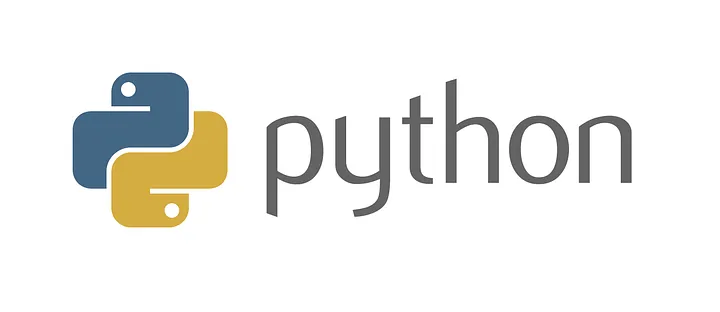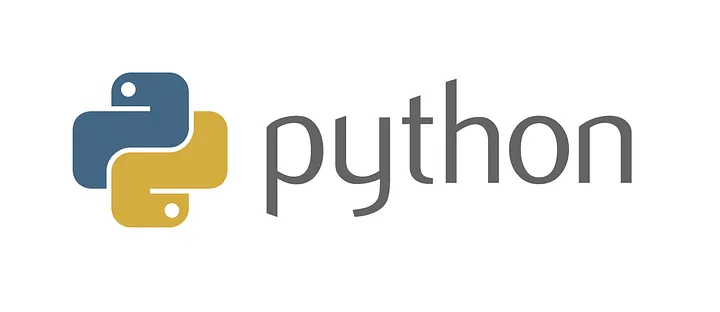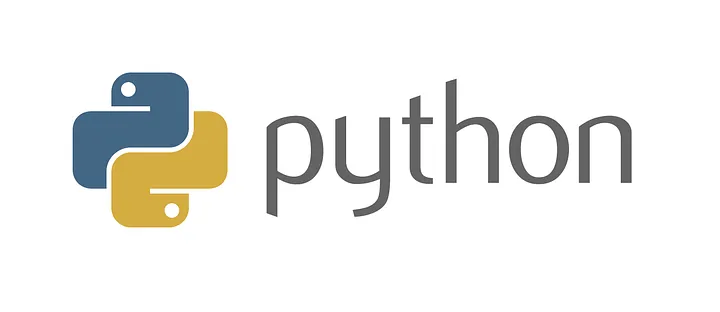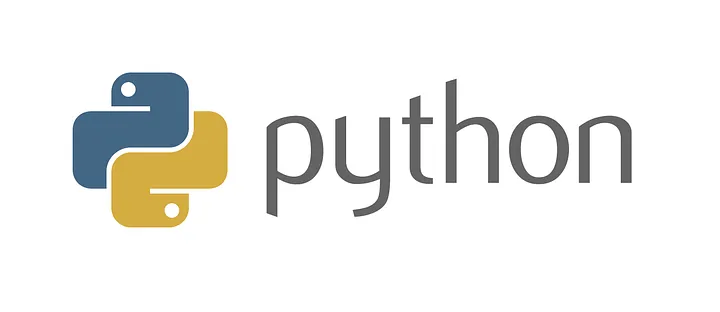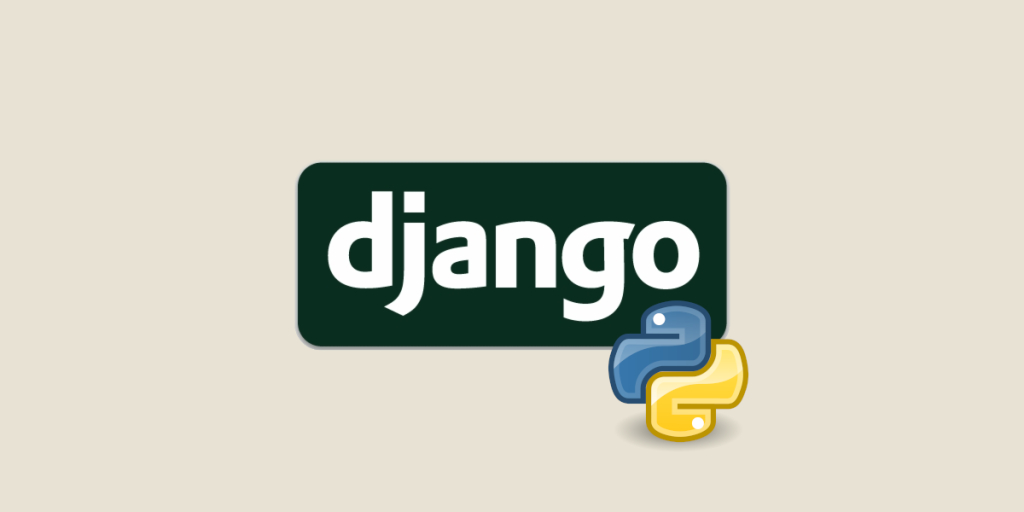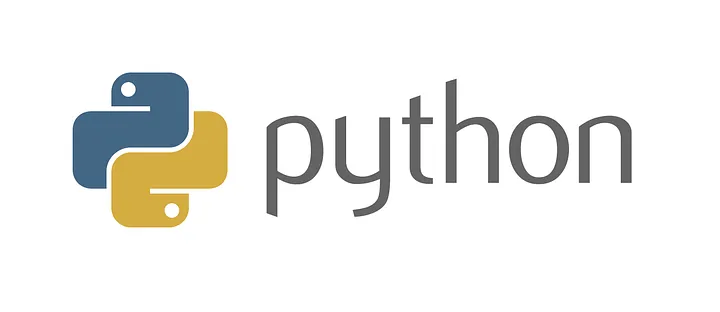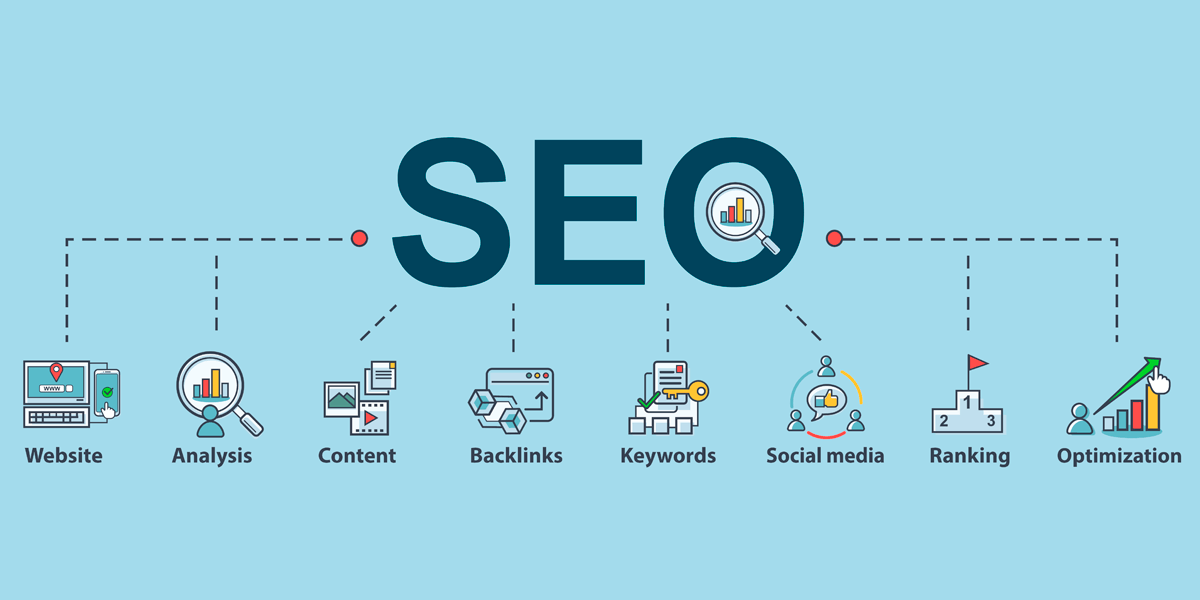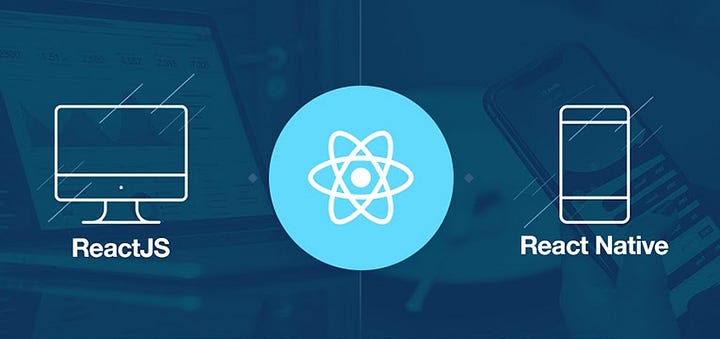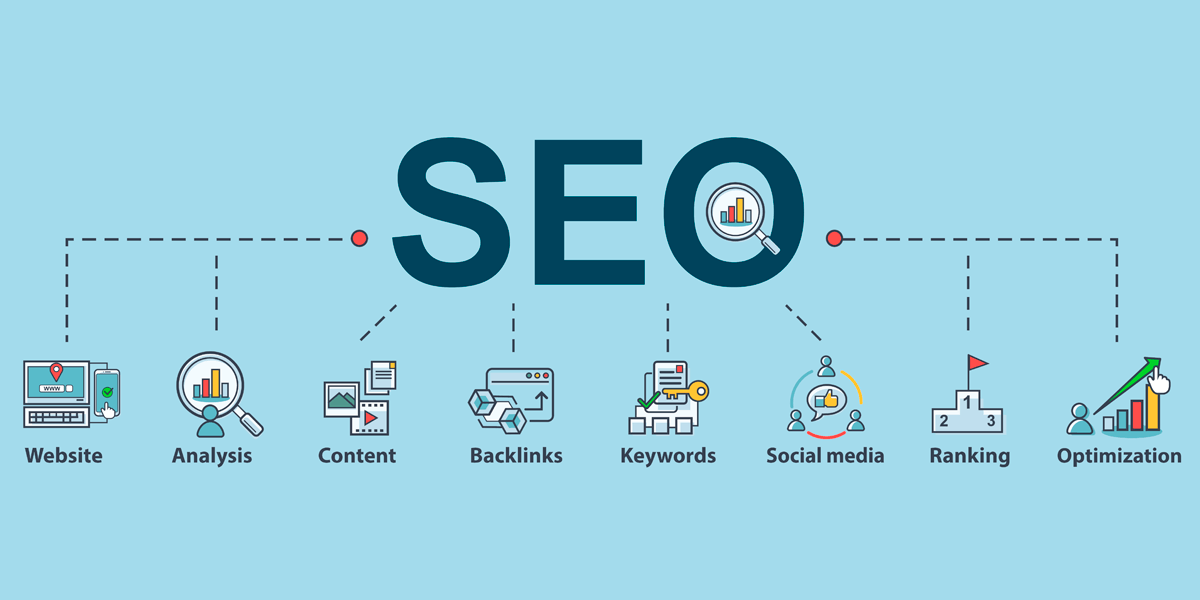
The Art and Science of SEO Optimization
In the ever-evolving digital landscape, achieving a prominent online presence is paramount for businesses and individuals alike. Search Engine Optimization (SEO) is the secret sauce that can make or break your visibility in the virtual realm. In this blog, we'll delve into the art and science of SEO optimization, unraveling its intricacies and offering practical tips to help you climb the search engine rankings.
Understanding the Basics of SEO
SEO is the process of optimizing your website or online content to improve its visibility on search engines like Google, Bing, and Yahoo. The goal is to rank higher in search results when users type in relevant keywords. But how does it work?
- Keywords: Start by identifying the keywords and phrases your target audience is likely to use when searching for content related to your business. These keywords should be strategically incorporated into your content.
- On-Page SEO: This involves optimizing elements on your website, such as meta tags, headings, and image alt text. Ensuring your website is user-friendly, mobile-responsive, and loads quickly is also crucial.
- Quality Content: Content is king in the SEO world. Create informative, engaging, and relevant content that answers your audience's questions and provides value. High-quality content attracts both readers and search engine algorithms.
The Art of SEO
- Content Strategy: Craft a content strategy that addresses your audience's needs and interests. Regularly publish well-researched, original content that keeps visitors coming back for more.
- User Experience: Prioritize user experience by improving website navigation, minimizing page load times, and ensuring mobile-friendliness. A seamless user experience can lead to higher rankings.
- Link Building: Build a network of high-quality backlinks from reputable websites. Guest posting, influencer collaborations, and creating shareable content can help you earn valuable links.
The Science of SEO
- Keyword Research: Use tools like Google Keyword Planner and SEMrush to identify relevant keywords with high search volumes and low competition. These keywords should naturally fit into your content.
- Analytics: Regularly monitor your website's performance using analytics tools like Google Analytics. Analyze user behavior, traffic sources, and conversion rates to refine your SEO strategy.
- Technical SEO: Pay attention to technical aspects like site speed, mobile optimization, and indexing. A well-structured sitemap and robots.txt file can help search engines crawl and index your site effectively.
Staying Up-to-Date
SEO is a dynamic field, and search engine algorithms frequently change. It's essential to stay updated with the latest SEO trends and best practices. Engage with SEO communities, follow industry blogs, and attend webinars or conferences to remain in the know.
Conclusion
SEO optimization is both an art and a science. It requires a creative approach to content creation and user experience, coupled with a data-driven mindset to monitor and adjust your strategies. By continuously improving your SEO efforts, you can enhance your online visibility, attract more organic traffic, and ultimately achieve your digital goals. So, embark on your SEO journey today and watch your online presence flourish.
